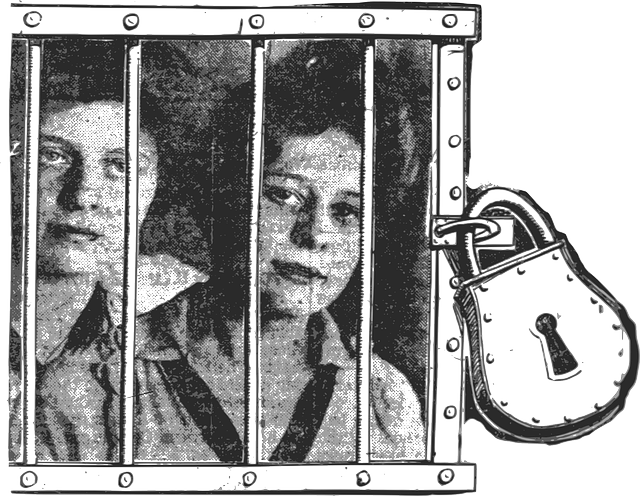Mental Health and Impaired Driving recovery benefits significantly from support groups, offering safe spaces for accountability, community, and tailored coping strategies. These groups address the intertwined nature of mental health and risky driving behaviors, enhancing well-being through open dialogue, peer mentorship, and confidentiality, deterring future incidents.
Support groups play a pivotal role in the recovery journey, especially for those affected by impaired driving. This article explores the profound impact of such incidents on mental health and how support networks can facilitate healing. We delve into the significance of safe spaces within recovery communities, examining strategies to enhance mental well-being. By understanding the connection between impaired driving and mental health, we can better equip individuals with resources for a successful and supportive recovery process.
- Understanding the Impact of Impaired Driving on Mental Health
- The Role of Support Groups in Addiction Recovery
- Creating a Safe Space: Facilitating Mental Well-being within Recovery Communities
Understanding the Impact of Impaired Driving on Mental Health

Impaired driving, often associated with substance abuse or excessive alcohol consumption, has profound effects on mental health. The immediate risks are well-documented, including potential accidents and legal consequences. However, the long-term impact extends deeper, affecting individuals’ emotional well-being and overall psychological state. Those who engage in impaired driving may experience anxiety, depression, and a heightened sense of stress, often stemming from the guilt and fear associated with their actions.
Support groups play a pivotal role in recovery by providing a safe space for individuals to confront these mental health challenges. Sharing experiences within a group setting encourages accountability and fosters a sense of community. By understanding the intricate link between mental health and impaired driving, support groups can offer tailored strategies to address both aspects, promoting holistic healing and long-term abstinence from dangerous driving behaviors.
The Role of Support Groups in Addiction Recovery

Support groups play a pivotal role in addiction recovery, offering a safe and supportive environment for individuals struggling with mental health issues, including those impaired by driving under the influence. These groups provide a sense of community, where members can share their experiences, challenges, and victories without fear of judgment. The camaraderie among peers who have faced similar battles fosters a strong support network, essential for navigating the complexities of recovery.
Regular participation in support groups empowers individuals to stay accountable, motivated, and focused on their goals. Through open discussions and peer-to-peer mentorship, members gain valuable insights, strategies, and coping mechanisms to manage cravings, avoid triggers, and maintain sobriety. Moreover, these groups address underlying mental health concerns often associated with addiction, promoting holistic healing and reducing the risk of relapse, especially in cases related to Mental Health and Impaired Driving.
Creating a Safe Space: Facilitating Mental Well-being within Recovery Communities

In the context of recovery for those struggling with mental health issues, particularly impaired driving, creating a safe space is paramount. Support groups play a pivotal role in fostering an environment that encourages open and honest dialogue, free from judgment. This sense of security allows individuals to share their experiences, challenges, and victories without fear of stigma or repercussions, thereby enhancing their overall mental well-being. By prioritizing confidentiality and empathy within the community, members can build trust and form meaningful connections, which are essential for long-term recovery.
Within these supportive communities, participants gain valuable insights from one another’s journeys, offering a unique perspective that transcends traditional therapeutic settings. This peer-to-peer support network provides a sense of belonging and understanding, addressing the profound isolation often associated with mental health struggles and impaired driving. As individuals navigate their path to recovery, the collective energy and encouragement within these safe spaces can be a powerful catalyst for positive change and enhanced resilience.
Support groups play a pivotal role in facilitating mental well-being for those recovering from addiction, especially addressing the often overlooked impact of impaired driving on mental health. By creating safe spaces within recovery communities, these groups offer a sense of belonging, encouragement, and understanding that is crucial for navigating the challenges of both addiction and its underlying mental health issues. Incorporating support networks into the recovery process empowers individuals to heal holistically, fostering resilience and improved life outcomes in the long term.






